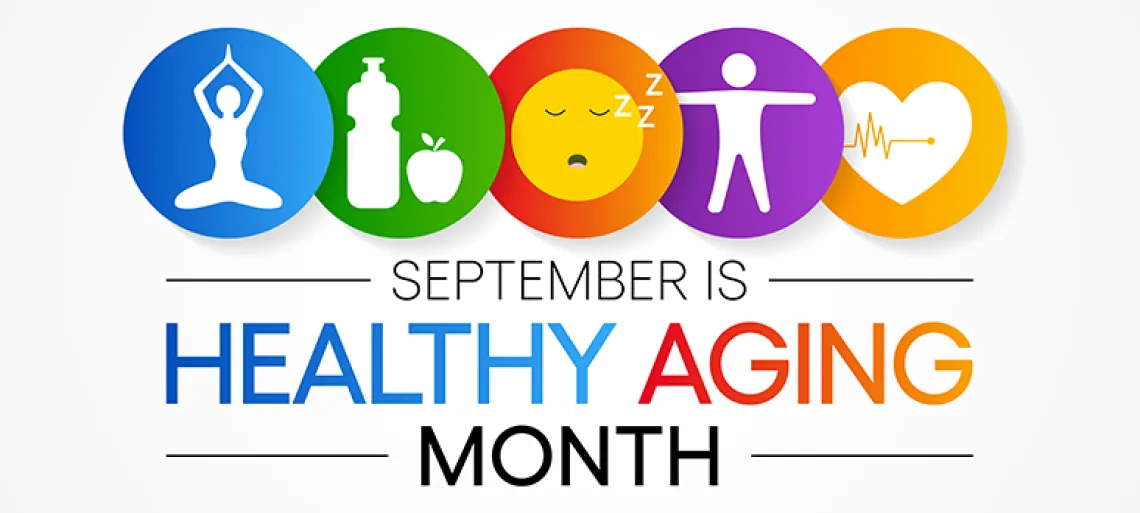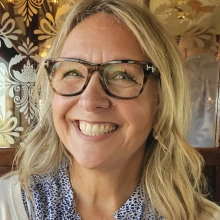What Matters Most: Mental Health, Aging, and Family Caregiving

An introduction to our audio conversation with Dr. Linda Hollis, PhD, EdS, MS, CPG, Assistant Professor of Psychology and Coordinator of the Healthy Aging Certificate Program at the University of Arizona. Listen to the full interview below.

Dr. Linda Hollis, PhD, EdS, MS, CPG, Assistant Professor of Psychology and Coordinator of the Healthy Aging Certificate Program at the University of Arizona
Mental health issues aren't an inevitable part of aging, and family caregivers need and deserve specific support. Myths and misconceptions are creating unnecessary barriers for both older adults and the 53 million Americans currently serving as family caregivers.
Three Key Insights That May Surprise You
- Healthcare providers miss depression in older adults 50% of the time. Being direct with healthcare providers about emotional concerns is essential.
- Loneliness and social isolation aren't the same thing. People can have strong social connections and still feel lonely, or have fewer contacts but feel satisfied.
- Generational perspectives can shape mental health attitudes. Understanding generational differences helps explain why some people resist mental health treatment, and how to approach these conversations and the proper treatment and care with empathy.
What You'll Learn in the Full Interview
Our conversation covers common myths about aging and mental health, generational differences in treatment approaches, practical barriers to care, and specific strategies for supporting both older adults and caregivers, including the complex reality of multigenerational caregiving.
Moving Forward: Resources and Hope
Despite the challenges, numerous resources exist to support both older adults and their caregivers. The National Alliance for Caregiving provides updated materials and suggestions. Mental Health America, the National Alliance on Mental Illness, the National Council on Aging, and SAMHSA (Substance Abuse and Mental Health Services Administration) offer specialized support.
Local Area Agencies on Aging serve as excellent starting points for individuals over 50-55 and their families. The University of Arizona's Life and Work Connections provide care planning services using evidence-based frameworks.
For more information: Eileen Lawless at Life and Work Connections, or Dr. Linda Hollis, Department of Psychology, University of Arizona

